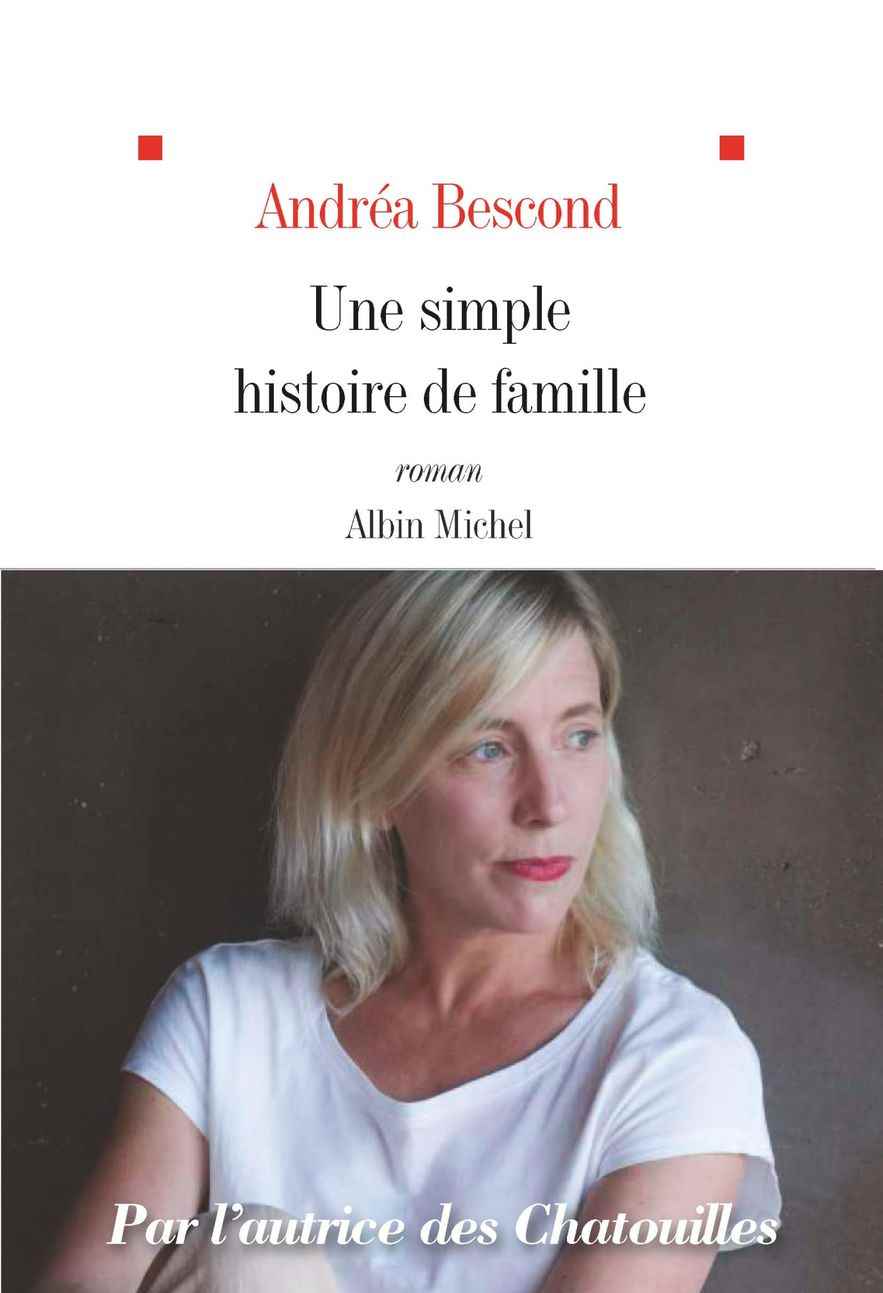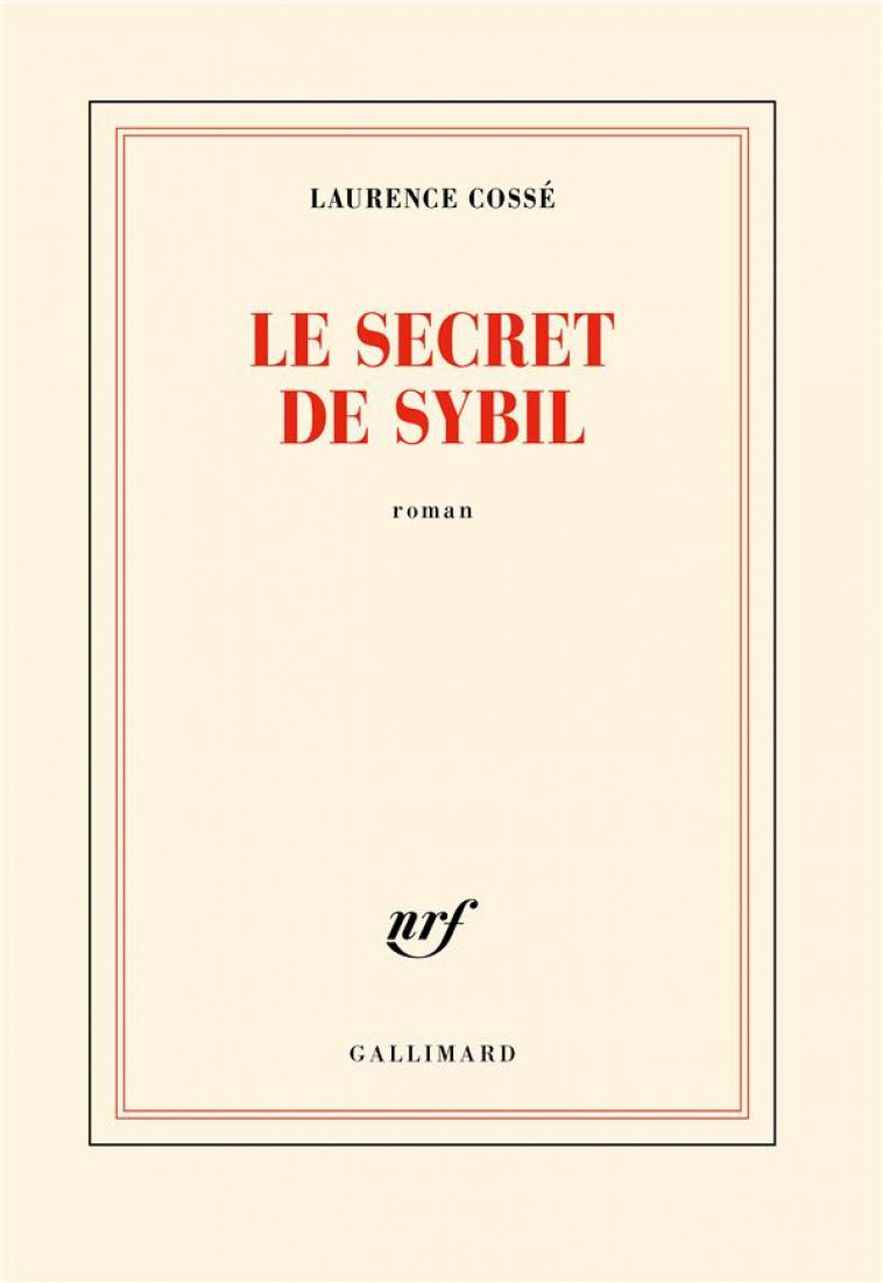What my half-naked grandmother did on the General’s desk
By Christopher Donner.
Grasset, 299 pages, €22.
The rating of L’Express: 4/5
A good resolution for 2023: return to live in 1923. That year, Philippe Daudet, 14, decides to kill his father, the gargantuan Léon Daudet, deputy of Paris, founding member of the Goncourt academy and above all bellicose pen of French Action. At the last moment, while he is in a taxi, the teenager gives up and…turns his revolver against him. An impossible mess ensues: Daudet tries to cover up his son’s suicide, files a complaint for murder, and ends up being convicted of defamation, imprisoned in the Health Department and then exiled to Brussels. What would have happened to French fascism without this event? The 20th century would have been very different…
Christophe Donner had already mentioned the circles linked to French Action in France goy. This crafty and fascinating book is a bit of an addendum. Donner talks about another complex oedipal relationship: that between Pétain and de Gaulle. New: it features a Russian oligarch keen on contemporary art who offers to buy his manuscript from him as he writes it – by paying for it with a very volatile cryptocurrency. Donner, the gambler, can only agree. From this mise en abyme, he draws a lively and modern story, Emmanuel Carrère or Laurent Binet way, in more facetious. Remains the title, intriguing: What my half-naked grandmother did on the General’s desk. Impossible to say more, but let us know that there is no lie in this almost surreal statement, and that the story behind it is well worth the detour… Louis-Henri de La Rochefoucauld
What my half-naked grandmother did on the General’s desk By Christophe Donner.
© / GRASSET
A simple family story
By Andrea Bescond.
Albin Michel, 245 pages, €19.90.
The rating of L’Express: 4/5
With A simple family story, Andréa Bescond opens wide the prison of the unspoken. The director and screenwriter continues, in this first novel, the work undertaken with Tickles, a successful cathartic play adapted for the cinema and inspired by the sexual violence committed during his childhood by a friend of the family. Here again, she relies on her own story since this text “revealed itself to her”, as she writes in the last pages, when she learned that her great-grandmother had killed her great-grandmother. grandfather as a result of domestic assault. The result is a polyphonic saga, embracing several eras and generations. Louisette, Hervé and Lio each manage in their own way the painful questions of grief, revenge and secrecy. But also the weight of the family romance, however misleading.
It could be a simple page turner, with an effective but familiar narrative structure, a well-crafted and up-to-date choral story. However, his interest goes far beyond that. Behind the plot, another common thread unfolds chapter after chapter. Because Andréa Bescond has the art of the tiniest, of significant details of the decor or the bodies. Thus the badly placed wallpaper above a trace of blood in the farmhouse of childhood or a protective magnolia echo intimate tragedies without the author ever needing to lapse into melodrama or overexplanation. You won’t find sticky good feelings either; but a text that pulses with an anger that is not blind and that gives back its letters of nobility to the very fashionable resilience. In short, a very beautiful novel, moving and raw, a vibrant indictment against violence against women. Pauline Leduc

A simple family story by Andréa Bescond.
© / ALBIN MICHEL
Sybil’s Secret
By Laurence Cossé.
Gallimard, 140 pages, €16.
The rating of L’Express: 4/5
Delicacy could well be the key word of the Sybil’s secret, yes, style, analysis of feelings, psychological bearing, everything in this story of a friendship lost in France in the 1960s is imbued with extreme delicacy. At 73, Laurence Cossé continues to think of Sybil, her classmate with whom she experienced, from the age of 10 to 14, what the ancient Greeks called “philia”, a kind of effortless love, full of kindness. , serene and confident. With her exceptional hair, her slightly slanted almond-shaped eyes and her infinite grace, Sybil dazzled the world, but spent her days talking with Laurence, in particular about their countless readings, the main activity of these two excellent students. In adolescence, we know, everything is always better with others. Laurence Cossé remembers how much she admired Sybil’s family, the D.s, their millstone pavilion, the comfort of the furnishings, the reigning order, the elitist education provided, the holidays in Noirmoutier… Conversely, the large family of the narrator, with her cheerful letting go and her permanent agitation, suffers from the comparison.
The erosion takes place when entering second: the friend integrates Sainte-Majeure, the ne plus ultra of Catholic education at the time, the narrator enters Saint-Less, less competitive. Meetings become rarer, Sybil becomes more and more beautiful, Laurence loses weight… End of philia. And, much later, discovery behind the scenes, the cracks in the D. parents, Sybil’s psychiatric illness. The eyes of the narrator open, those of the readers too. Fascination of misunderstanding, universality of trompe-l’œil… Sybil’s Secret can also be read as a beautiful life lesson on the strength of illusions and appearances. PM

Sybil’s Secret By Laurence Cossé.
© / Gallimard
